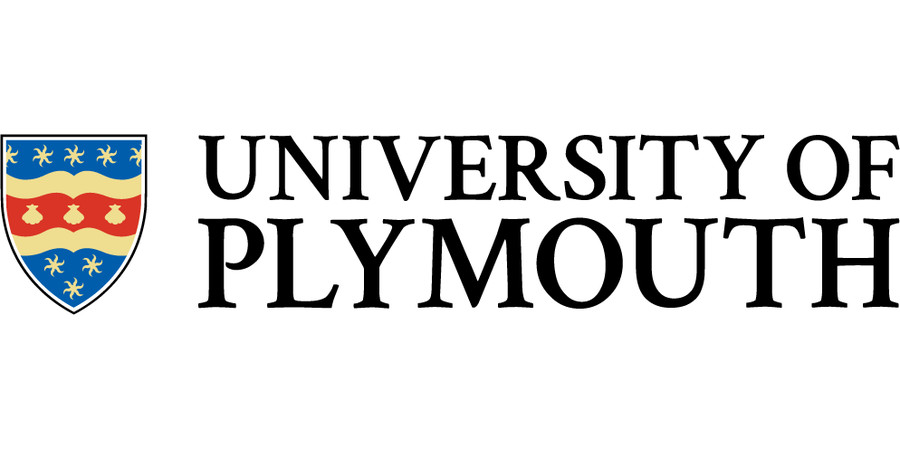PhD Studentship: Identification of Lung Cancer Patients at Higher Risk for Brain Metastasis Using Microfluidics
University of Plymouth
| Location: | Devon, Plymouth |
|---|---|
| Salary: | The studentship is supported for 3 years and includes full Home tuition fees plus a stipend of £18,655 per annum (2024/25 rate) |
| Hours: | Full Time |
| Contract Type: | Fixed-Term/Contract |
| Placed On: | 21st August 2024 |
|---|---|
| Closes: | 31st October 2024 |
DoS: Dr. Mahmoud Labib (Mahmoud.labib@plymouth.ac.uk)
2nd Supervisor: Prof. Oliver Hanemann (oliver.hanemann@plymouth.ac.uk)
3rd Supervisor: Dr. Elizabeth Lim (elizabeth.lim@nhs.net)
4th Supervisor: Dr. Matthew Jones (Matt.jones-32@plymouth.ac.uk)
Applications are invited for a three-year PhD studentship.
The studentship will start on 1st January, 2025.
Project Description
Up to 55% of the patients with advanced non-small cell lung cancer (NSCLC) develop brain metastases with a median survival of 2–3 and 4–6 months in untreated and treated patients, respectively. Due to the location of metastatic lesions, surgical resection is limited, and chemotherapy is quite ineffective due to the blood brain barrier. It is thus crucial to identify patients at higher risk for brain metastasis at an early stage. Brain metastasis has been ascribed to the presence of subsets of circulating tumour cells (CTCs) that transmigrate through the blood brain barrier and thrive in the brain. No definitive signature genes for brain metastasis have been identified in CTCs from NSCLC due to the lack of validated markers or strategies to isolate these cells. In this project, we will deploy a microfluidics-based cell sorting platform to isolate CTCs from a cohort of NSCLC patients with brain metastasis. Isolated CTCs will be subjected to comprehensive gene expression profiling to identify the signature genes of brain metastasis. Consequently, we will develop a cutting-edge microfluidics-based cell profiling platform to analyse the proteins encoded by the signature genes in CTCs collected from NSCLC patients and subsequently identify patients at higher risk for brain metastasis.
Eligibility
Applicants should have a first or upper second class honours degree in an appropriate subject or a relevant Masters qualification. Prior experience with microfluidics is a strong asset.
If your first language is not English, you will need to meet the minimum English requirements for the programme, IELTS Academic score of 6.5 (with no less than 5.5 in each component test area) or equivalent.
The studentship is supported for 3 years and includes full Home tuition fees plus a stipend of £18,655 per annum (2024/25 rate). The studentship will only fully fund those applicants who are eligible for Home fees with relevant qualifications. Applicants normally required to cover International fees will have to cover the difference between the Home and the International tuition fee rates, approximately £13,244 per annum (2024/25 rate).
NB: The studentship is supported for three years of the four-year registration period. The fourth year is a self-funded ‘writing-up’ year.
If you wish to discuss this project further informally, please contact:
Dr. Mahmoud Labib, mahmoud.labib@plymouth.ac.uk
To apply for this position please click on the Apply button above.
Please clearly state the name of the studentship that you are applying for on the top of your personal statement.
Please see here for a list of supporting documents to upload with your application.
For more information on the admissions process generally, please visit our How to Apply for a Research Degree webpage or contact the Doctoral College.
The closing date for applications on 31th October 2024.
Shortlisted candidates will be invited for interview shortly after the deadline.
We regret we may not be able to respond to all applications.
Applicants who have not received a response within six weeks of the closing date should consider their application has been unsuccessful on this occasion.
Advert information
Type / Role:
Subject Area(s):
Location(s):









